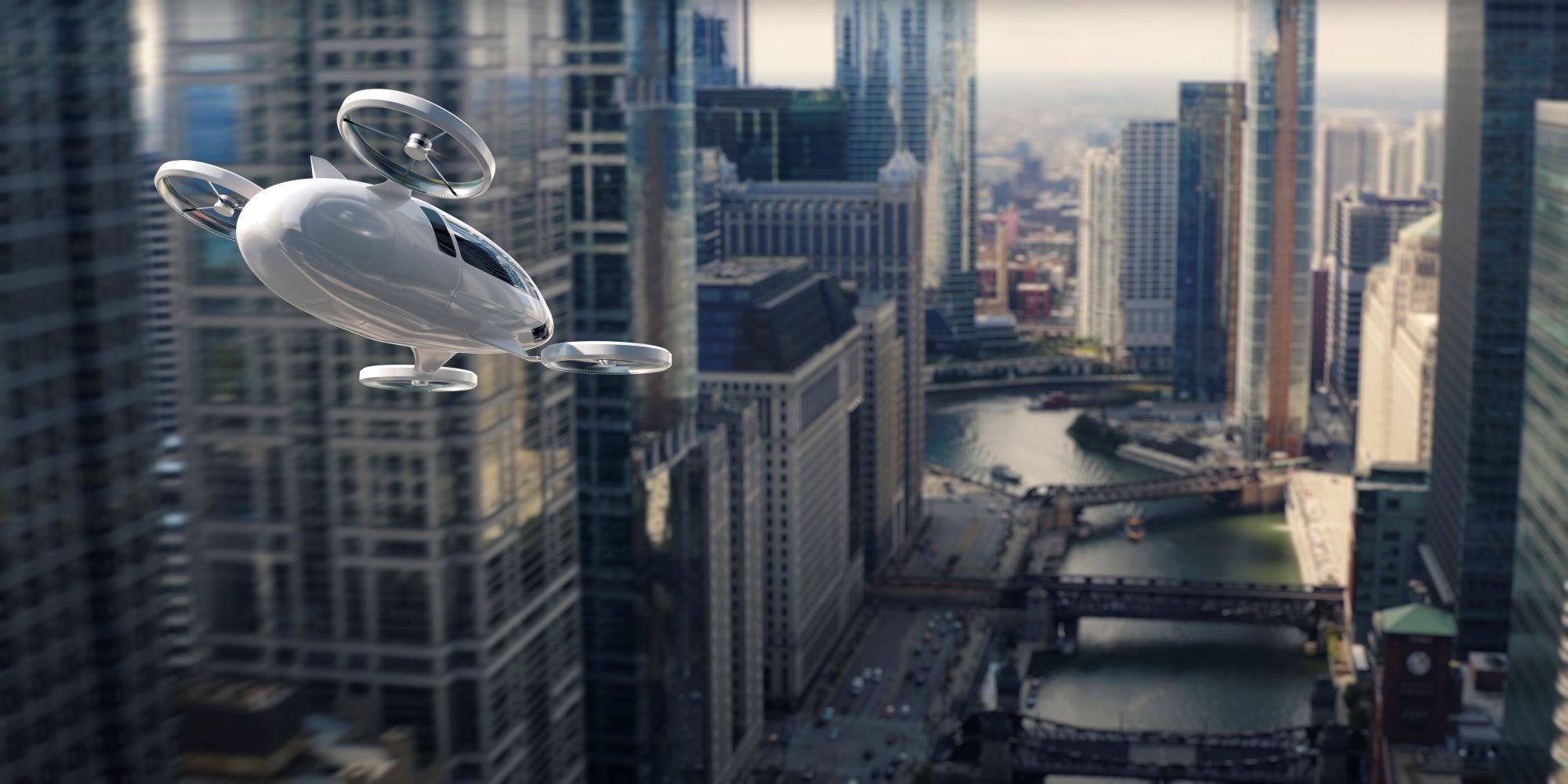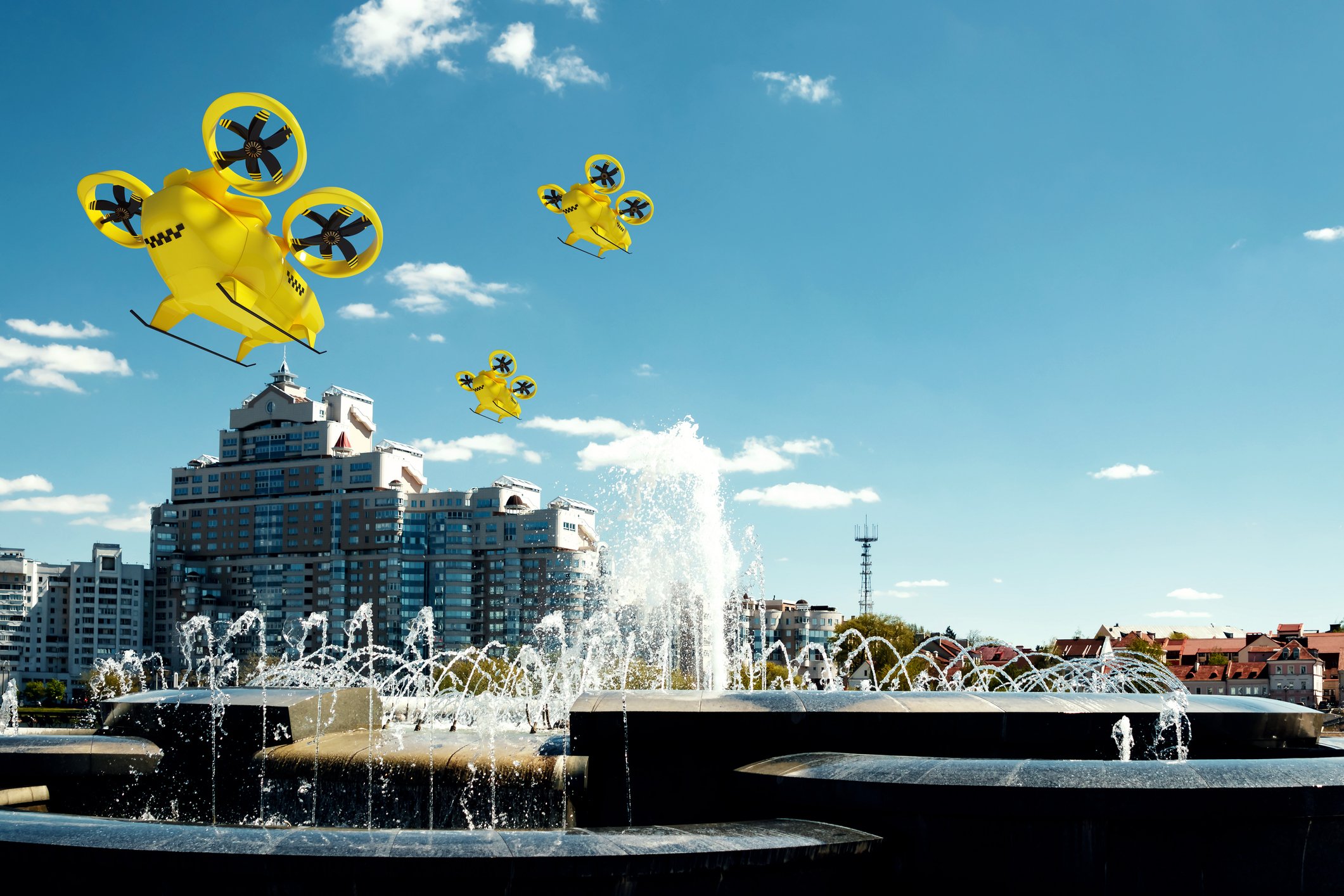Joby Aviation (JOBY 0.74%) delighted investors on Monday when it announced the acquisition of Blade Air Mobility's (BLDE 1.59%) passenger business. The move gives Joby ownership of what might be the best-known brand in the urban air taxi mobility market.
According to the terms of the deal, Joby will pay Blade in up to $125 million in a combination of cash or stock, according to Joby's choosing. The move will give Joby immediate market access in New York City and Southern Europe, as well as ownership of a business that flew more than 50,000 passengers in 2024, primarily in the New York City area.
Investors loved the agreement, sending Joby stock up 18.8% on Monday, which represented a $2.7 billion gain in market cap. For a price of $125 million, that's an incredible return on investment, at more than 20 times.
However, investors seemed to have second thoughts about the deal on Tuesday, as both stocks pulled back following Blade's second-quarter earnings report. Joby was down 5% in afternoon trading on Tuesday, while Blade, after jumping 17.2% on Monday, was down 10.8% at the same time.
Are investors reading the deal correctly here? Let's take a closer look.

Image source: Joby Aviation.
What Blade means for Joby
It's easy to see the appeal of Blade for Joby and its investors: Blade has an existing urban air taxi network. Joby wants to launch them.
The deal does not include Blade's medical division, which will remain a separate publicly traded company renamed Strata Critical Medical, but the two companies are partnering in the medical transportation field, as Joby will become Blade's preferred VTOL partner for Blade's organ transport business.
However, there seems to be a disconnect between the $125 million price that Joby is paying Blade and the nearly $3 billion boost it got in its market cap. The fact that Blade stock jumped also indicates that Blade investors believe they got a good price in the sale.
Blade's second-quarter earnings report indicates why the company didn't value the air taxi business very highly. In the second quarter, revenue fell 13.2% to $25.7 million, due in part to its exit from the Canadian market, and the short-distance segment, which appears to be what Joby is most interested in, also saw reduced demand due to a helicopter accident in New York in April.
Passenger segment adjusted earnings before interest, taxes, depreciation, and amortization (EBITDA) improved from $0.8 million to $2.4 million, though that doesn't include corporate costs.

NYSE: JOBY
Key Data Points
Are eVTOL stocks in a bubble?
While the Blade deal makes sense for Joby, as it will help boost its ambitions in the urban air taxi market, the market's reaction seems unjustified and is just the latest evidence that electric vertical takeoff and landing (eVTOL) aircraft are in a bubble.
Joby is still a development-stage company with no material revenue, yet its market cap has ballooned to more than $16 billion. That makes it more valuable than both American Airlines and Southwest Airlines, two well-established, profitable airlines. In fact, they're two of the four biggest airlines in the country.
By bidding up stocks like Joby and Archer Aviation, investors seem to be grossly overestimating the market for air travel and the profit potential in the industry, as Blade's relatively small size shows.
Blade's experience also shows that the constraints to scaling an urban air mobility business aren't the advanced technology that eVTOLs provide, such as being emission-free, quieter, or safer, but price and access, which doesn't really change going from a helicopter to an eVTOL. For comparison, a Blade ride from Manhattan to JFK Airport starts at $195 per seat, meaning it's not price-competitive with a taxi, rideshare, or another form of transportation.
With its market cap now at $16 billion, high expectations are baked into Joby Aviation stock even though it's barely made a sale.
Investors seem to be taking the wrong lesson from Blade here. Yes, the helicopter operator could help Joby, but it failed to disrupt urban transportation. The same is likely to be true for Joby.









